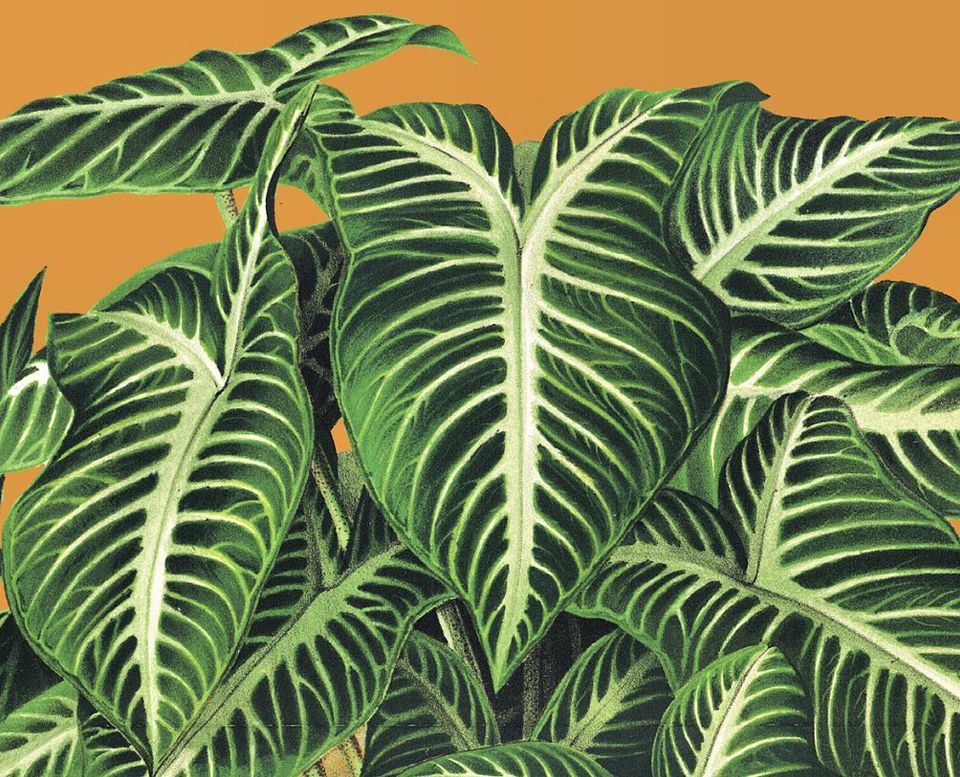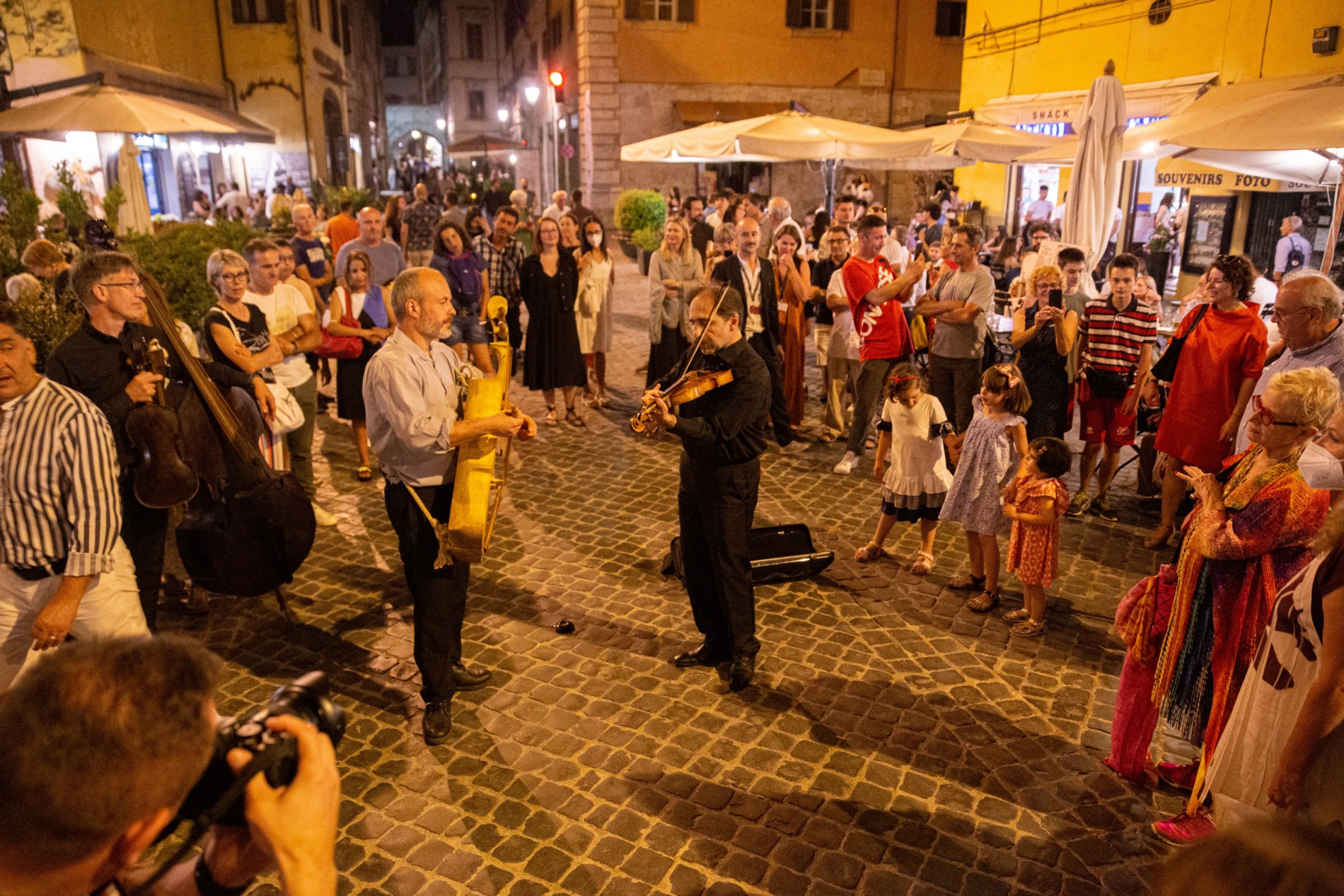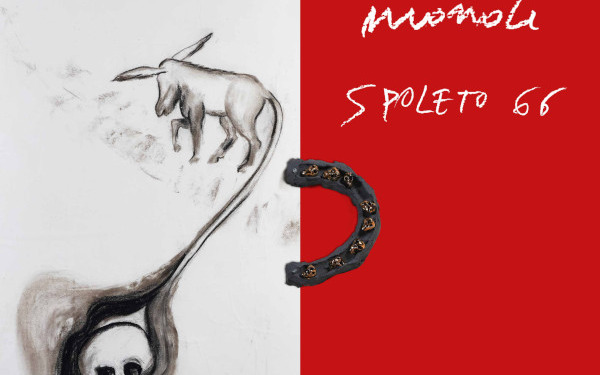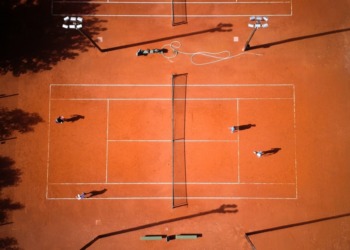Environmental concerns are shaking the art world and Spoleto’s 66th Festival, Festival dei Due Mondi, of the Two Worlds – mirrors these concerns. Held annually since its founding by the Italian Pulitzer-prize-winning composer Gian Carlo Menotti in 1958, this festival of music and culture takes place every year in the charming medieval town of Spoleto in the green hills of Umbria. This year, the Festival will last 17 days, from June 23 to July 9, 2023, and involve more than 500 artists from 17 countries with over 60 performances from 30 companies and groups.
Extreme choreography, great étoile and avant-garde performers: the whole city of Spoleto #dance with us 💃🏼🕺🏻
Discover the stars of dance at #Spoleto66 on https://t.co/zCsSLtdeuu pic.twitter.com/5bvRxrwtIn
— Festival di Spoleto (@FestivalSpoleto) May 3, 2023
Just as a reminder: This Festival of “Two Worlds” has its American counterpart, the Spoleto Festival USA founded by Menotti in 1977 and held in May every year in Charleston, South Carolina – this year, from May 26 to June 11, with the American singer and songwriter Rhiannon Giddens participating in both Festivals.
What will distinguish the Spoleto Festival in Italy this year will be the relentless focus on the animal kingdom, plants, the environment and man in nearly all the performances – although there will be exceptions, like Laetitia Casta’s solo performance as the tragic Clara Haskil, accompanied by pianist Isil Bengi, the Chekhov drama Uncle Vanya, or Imany’s haunting Voodoo Cello that will reinterpret the greatest pop music hits, from Bob Marley to Daft Punk, from Imagine Dragons to Radiohead:
But, as the festival’s Artistic Director Monique Veaute wrote in her introduction to the program, explaining her choices: “My research was always guided by the fascination for ideas that go beyond the boundaries of categories, in the discovery of new expressive worlds and new spaces of contamination: a way of questioning ourselves and our preconceptions, to keep our gaze focused on the future.“
And this time, her fascination for what lies “beyond the boundaries of categories” has led her to highlight artistic work that encompasses the man-animal-environment spectrum, going to the very heart of sustainability, of what it means to maintain our planet’s ecological balance.
Among the artworks that exemplify this approach that I would dare to call One Art, in parallel to the One Health approach in medicine, which also encompasses the whole human-animal-environment spectrum, I have noted the following (but this is not a comprehensive listing, for the Festival’s full programme, click here).
At the opening on June 23, at 8:30 in the evening, in the big piazza in front of the Duomo, there will be a mega-concert of classical music by the orchestra of Santa Cecilia under the direction of the well-known Czech director Jacub Hrusa who will be giving us his version of Leoš Janáček’s Suite of the Piccola Volpe Astuta (small clever fox), a classic children’s tale linking the animal and human world. For the connoisseurs, it will be an occasion to compare it with the unusual presentation it was given in Turin seven years ago by Canadian opera director Robert Carsen, and that time, Janáček’s music was directed by British conductor Jan Latham-Koenig:
There will be several more music performances specifically evoking animals and plants, notably a series of midday concerts titled “Music Animalia, a small encyclopaedia of the animal creatures in music”, played by musicians from the Budapest Festival Orchestra and the Chamber Orchestra of Perugia, to be held in the Church of St. Agatha.
The first one on June 24, will present the Carnival of Animals of French Romantic composer Camille Saint-Saëns and the Carnival of Petrushka of Igor Stravinsky in Yuval Shapiro’s chamber transcription.
To follow, there will be six more Music Animalia performances, featuring a whole zoo, from Rimskij-Korsakov’s wasp to Schubert’s trout.
Nature, animals and man are also meeting in the ballet world in “Buena Ventura” to be held on July 2, at the Teatro Romano: The phenomenal Colombian ballet dancer Fernando Montaño, former star of the Royal Ballet of London, along with dancers from the Ballet d’Jèrri and Ira Fronten will overturn Ovide’s and Kafka’s Metamorphosis, revealing the secrets of animal-to-human transformation.
But the Festival is not just about art, it’s also about ideas.
Perhaps one of the most revolutionary ideas about the role of plants in our lives will be presented by one of the world’s most renowned botanical scientists, Stefano Mancuso named by Italian newspaper La Repubblica as one of the 20 Italians destined to change our lives and included by the New Yorker in the list of “world changers”.
His talk on July 8, aptly titled the “Plant Revolution” will be focused on his major theory, one he has developed throughout his academic life and decades of research: That plants, as true living networks that have evolved as sophisticated social organisms with extraordinary adaptive capabilities, can offer us technological solutions that will be essential to our own survival on this planet.

The Festival is not all about deep reflections on our human destiny, it’s also a moment to enjoy, and as the organizers say in their tweets, come and “dance with us”, after the shows are over, in the streets of Spoleto.

Editor’s Note: The opinions expressed here by the authors are their own, not those of Impakter.com — In the Featured Photo: Design for the 2023 Festival by artist Enzo Cucchi, one of the major exponents of Transavanguardia art, who has exposed in all the major international art shows, including the Venice Biennal, Documenta in Kassel and the Quadriennal of Art in Rome; his works are in all the world’s major museums, including the Kunsthalle in Basel, the Guggenheim in New York, Tate Gallery in London, Pompidou in Paris, Sezon Museum in Tokyo, the Palazzo Reale in Milan and more.










